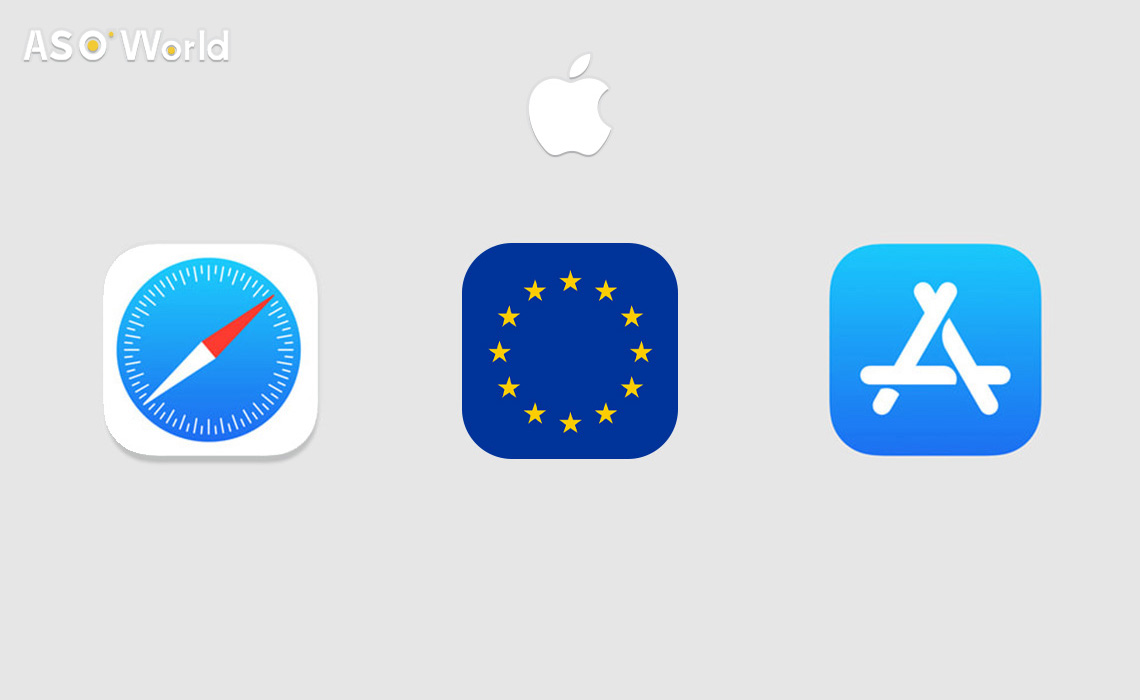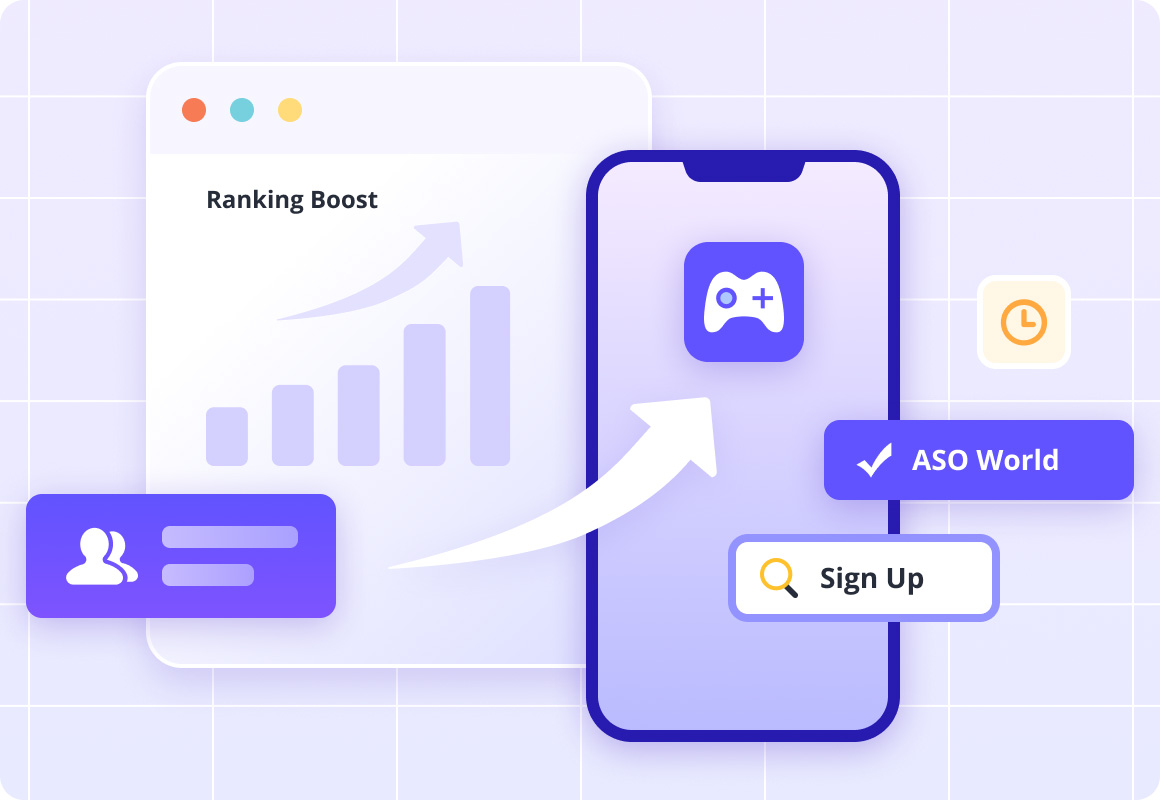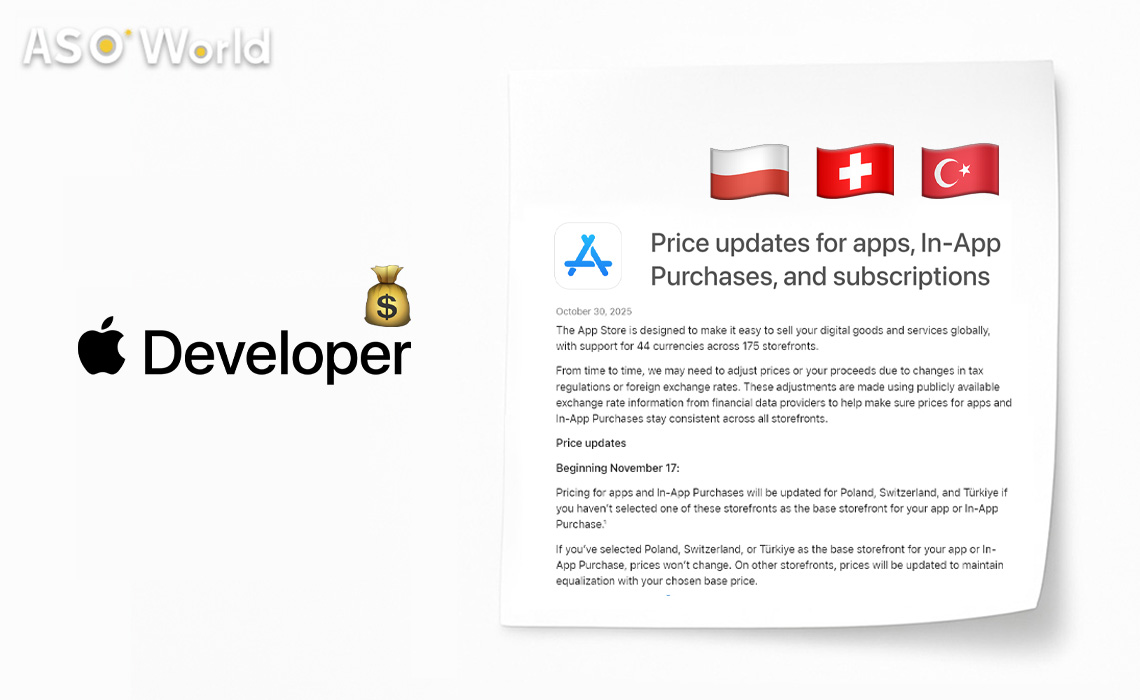The Federal Court of Justice upheld the Bundeskartellamt's authority to impose new rules on Apple's App Store, spotlighting concerns over data practices and market dominance.
Background of the Antitrust Battle
In 2023, Germany's competition authority, the Bundeskartellamt, classified Apple as a "company of paramount cross-market significance for competition" under a 2021 law.
This allows regulators to act proactively against potential anti-competitive behavior, unlike in the U.S., where proof of consumer harm is required.
Apple opposed the designation, citing its privacy-focused model and competition from Android, but the court rejected this argument.
Unlike U.S. law, which reacts to proven harm, European rules focus on preventing risks to competition. In Germany, regulators only need to show that Apple's App Store could limit competition, enabling earlier intervention to protect consumers and developers.
Key Issues Under Scrutiny
The spotlight falls on Apple's App Tracking Transparency (ATT) framework, introduced in 2021.
While praised for enhancing user privacy, it's accused of favoring Apple's own services.
The Bundeskartellam's February 2025 findings suggest Apple applies stricter tracking rules to third-party apps than to its own, potentially skewing the competitive landscape.
Data Tracking Disparities
ATT mandates third-party apps to seek user consent for tracking, yet Apple's ecosystem reportedly combines user data across its services without similar restrictions.
This disparity fuels allegations of self-preferencing, banned under German law since 2023.
Consent Dialogue Concerns
Regulators also criticize the design of consent prompts, claiming those for Apple's apps encourage approval more than third-party ones, giving Apple an edge in data-driven advertising.
Potential New Rules and Impacts
Germany can now mandate changes, likely focusing on leveling data practices.
This could mean uniform tracking rules and neutral consent dialogues, aligning with the EU's Digital Markets Act (DMA), which already requires third-party app stores—implemented in 2024.
>>> Apple Adapts to EU Laws: Major Changes to iOS, Safari, and App Store

Ripple Effects on Stakeholders
For Apple, tighter rules may curb data use, impacting ad revenue and personalization in services like Apple Music. Developers could benefit from fairer competition, while consumers might gain privacy but lose some tailored experiences.
Broader Implications
This decision, valid until 2028, aligns with global efforts to rein in tech giants. It complements the DMA and mirrors actions in France and the U.S., where Apple faces similar scrutiny.
Germany's move could inspire stricter national measures within the EU, challenging Apple's ecosystem control.
A Global Trend
From the EU's €1.8 billion fine in 2024 over music streaming to U.S. rulings on payment links, Apple navigates a fragmented regulatory landscape. Germany's proactive stance may set a precedent, amplifying pressure across markets.
Grow Your Apps & Games on the Apple App Store
Get 50% Off on Your First Order!

Editor's Comments
This ruling underscores Europe's aggressive stance on tech regulation, prioritizing competition and privacy over innovation claims.
Apple's loss could weaken its global narrative of privacy as a competitive edge if perceived as selectively applied.
Given the DMA's overlap, Germany's focus on ATT suggests a nuanced approach, potentially influencing other nations.
Expect Apple to adapt strategically, balancing compliance with ecosystem integrity, though financial impacts may be mitigated by its robust revenue streams.




